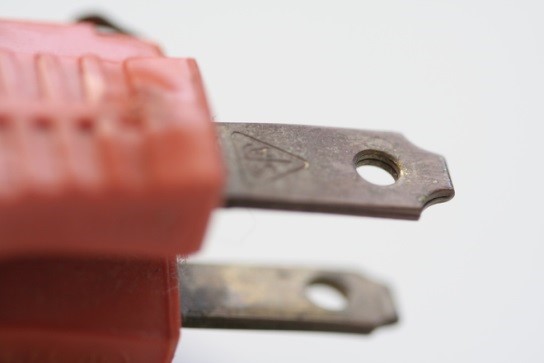Welcome to our three part series on how to cut through the B.S. about home security companies & choices!
In part one, we’ll be discussing choosing a company, equipment and services.
In part two, we discuss the differences between hard wired and wireless system, whether you should have your system monitored or not and what you need to know about system connections. Click here to read part 2.
Part three of this series focuses on what areas of your house you want protection for, whether you should install the system yourself or have it professionally installed and we’ll discuss cable companies and phone companies.
Part three will wrap up with a discussion on how one chooses between the many options. Click here to read part 3.
So, let’s get started!
There are many choices regarding home security options:
1) The company (National, Large or local)
2) The equipment
3) Services ( standard alarm monitoring, home automation features)
4) Hard wired vs. wireless
5) Monitored or non monitored
6) Phone line connection or cellular or radio connection (system connections)
7) What coverage to consider, all the doors and windows or some partial system?
8) Self installed or professionally installed?
9) Cable Companies, Phone Companies
So how does one choose the options and company?
Well it depends who you ask, but usually it depends on the agenda of the company you ask. They will all have one and they obviously will tell you a story that will benefit their product and/or service. This makes sense since they want you to go with their product or service.
But what is the real story?
Some Answers:
1) The Company: The national companies will tell you of their vast resources and strength and how the smaller “local companies may go out to business.
There are not too many advantages to go with the large companies. If you want to have to work to get service done or even talk to someone, then the larger companies may be for you. If you want to be treated as just another number and not shown any respect, then go with the big national companies. They always talk about how big they are but will rarely boast of their ongoing service records.
And what’s the advantage of going with some large company? Think of your bank, or cable company or cell phone provider; is that a pleasant experience when you need to get something done? Probably not! Most of the larger security companies have dealers that sell their accounts to these larger companies. Once they get paid, they are not “invested” in the account and their willingness to keep you happy is not that great. Then you will have to work with these larger operations to get service, and in most instances it is a hassle.
Do your homework and check the BBB in your area and try to go with a local company that has been in business at least 10 years. As long as these companies DO NOT sell their contracts off (some will, so ask!) to someone else then these companies are “invested” in your continued happiness and depend on you because you are their greatest asset.
2) Equipment: There are only 3 major manufactures’ of security equipment which is: Honeywell, DSC, GE, and there are a few peripheral players such as Napco, DMP, Visonic, and few others. One of the top 3 should suffice, and no matter where you buy the product from, make sure you know the warranty and what and where the support will be coming from.
3) Services: This is where you need to ask yourself, “What are my real needs? Not what someone else is getting, but what will work for me and my family?” If it’s just standard monitoring or something you can control with your smart phone, decide if the features will be used on a consistent basis. Sometimes something sounds like it’s “cool,” but after a few months it’s never used again. Remember you can always add these features later if you can’t do without them.
Continued in part two. To read part two, click here.
Give us a call for a consultation; we can design a custom system to meet your unique needs and budget.
We are looking forward to talking with you! 1-800–988–2378 or sales@bestsecurityproducts.com



 3. Dryer Lint. Even if you clean your lint trap after every dryer use, lint still collects in the dryer cabinet and can cause a fire.3Hire a professional to clean your dryer and exhaust duct.
3. Dryer Lint. Even if you clean your lint trap after every dryer use, lint still collects in the dryer cabinet and can cause a fire.3Hire a professional to clean your dryer and exhaust duct. 1. Ask a friend to collect your mail each day or have your mail stopped at the post office. When mail piles up in the mailbox, it is obvious to potential burglars that you are not home.
1. Ask a friend to collect your mail each day or have your mail stopped at the post office. When mail piles up in the mailbox, it is obvious to potential burglars that you are not home. In 1993 Best Security Products began with the goal to provide the most current and best home security products and services and the best business security systems in the security industry today.
In 1993 Best Security Products began with the goal to provide the most current and best home security products and services and the best business security systems in the security industry today.